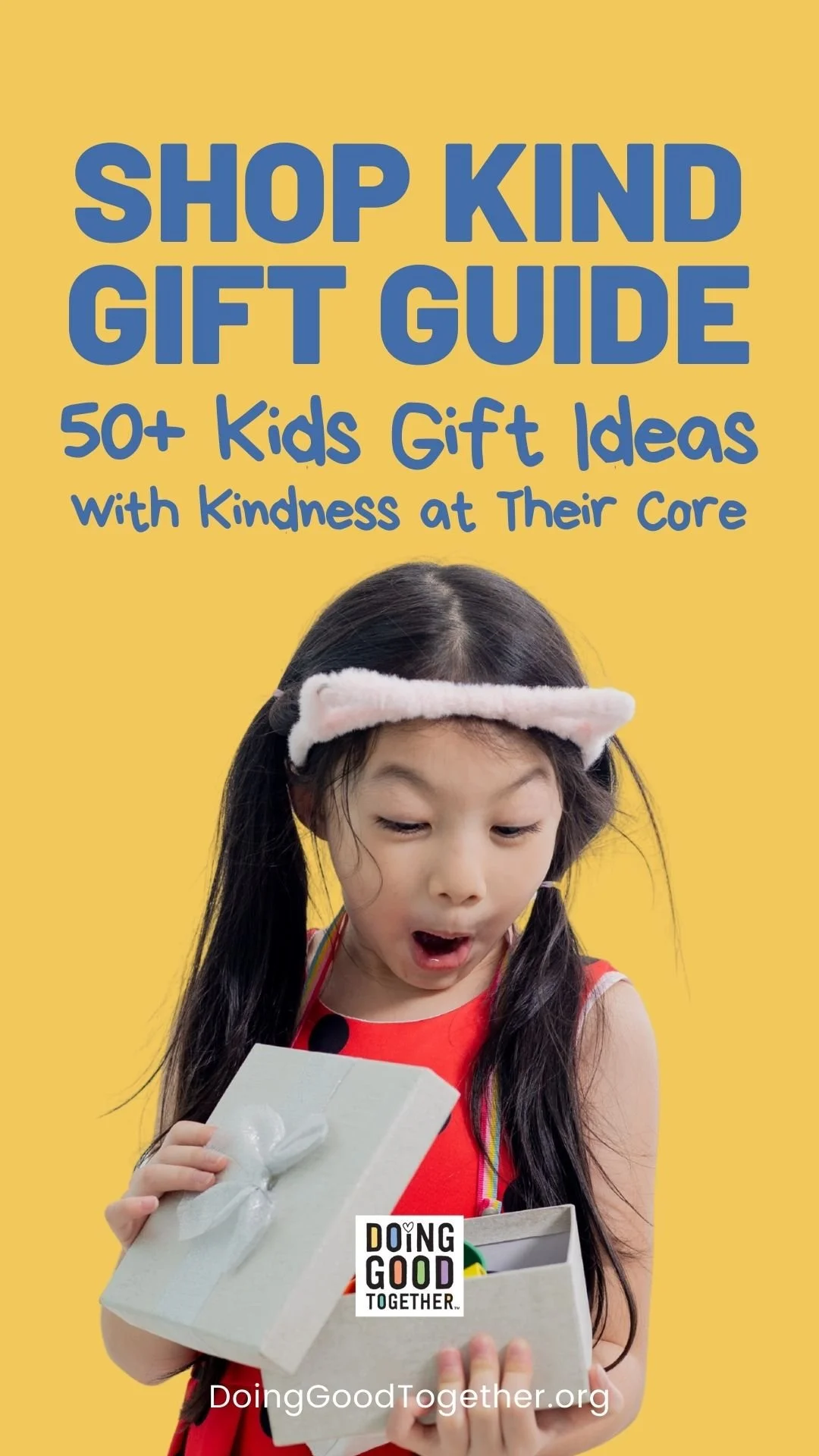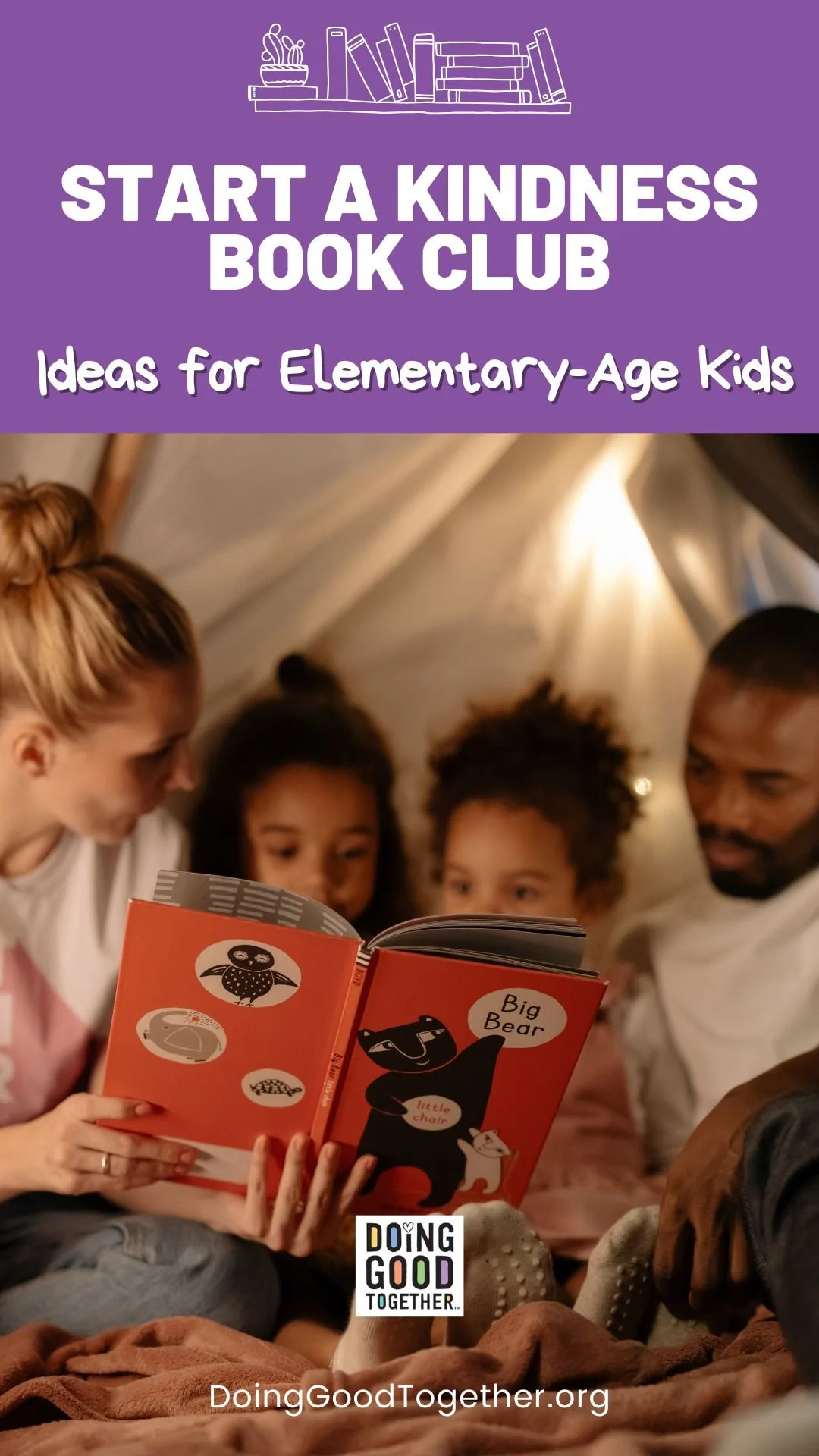People want and need to be seen. It is a fundamental characteristic of humans that we seek opportunities to connect with others in an authentic way. We want to feel noticed and valued as a member of the human community. We want to understand AND be understood. This connection is vital to our feelings of safety and happiness, and ultimately is foundational to our ability to work through challenges, think critically, be planful, and other executive function skills. How can adults use that in-born inclination to shine a light on actions that we wish to reinforce in our children?
Transforming a Child’s “I Can’t” into “I Can!”
As adults, we have a better sense of what is within our locus of control and how we can approach solving problems from our mature perspective, whereas young children see a lot of problems as big and insurmountable even if they are not. The good news is that we can cultivate the growth of our child’s sense of helpfulness over time in ways that match their developmental stage, while teaching about both agency AND the interconnectedness of humanity.
Inspiring a Growth Mindset for Kids: How Parents Can Lead by Example
in the last few years, I have worked diligently to cultivate a growth mindset and to model that approach for my teenage children. The basic idea behind this concept is that by using “yet” at the end of a sentence, we reframe our approach to problems and retrain our brains to see challenges as opportunities to learn and grow.
How to Talk to Kids About Poverty, Mental Illness, Systemic Racism, and Violence
The world in which we are helping our children to grow is not free from adversity, small or large. We cannot shield young people from the troubles of their community and world. And while it might make us caring adults feel better to try, research shows that doing so is not to their benefit, either. Children are innately curious and working continuously on relating to others as their empathy skills develop. They wonder about big questions like, “how am I similar or different to people I see suffering,” “could that happen to me,” and “my heart hurts for them; how do I help them.” Many who witness tragedy or challenges faced by other people in the world ask the same questions. How do we explain problems like poverty, mental illness, systemic racism, and violence to these small humans?
Help Kids Build Resilience
Navigating Difficult Conversations with Children
The last few years have pushed us to our limits as we watch our world become more and more polarized over conversations around gun laws, mental health, the pandemic, race, and a war that rages in Eastern Europe. It seems almost impossible to take a breath. I struggle with how much to share with my children, but I ultimately know that they need to hear the truth – in age appropriate ways – even when it breaks my heart to share it with them.
Here are my suggestions on having these challenging conversations along with some resources that have helped me – and might help you as well.
Understanding Immigration: Exercises in Empathy & Advocacy for Families
As the crisis at the border floods the news, your children may have questions. You may feel helpless to respond. Our latest blog post can help you navigate this heartbreaking issue with your kids. As our blogger concludes, “Doing Good Together has always relied on two essential truths. In every crisis, there is something you can do to make a difference. And your family's actions, along with your empathy, will shape the next generation of helpers and heroes.”
Raising Peacemakers
I Wonder: Tools to Inspire Curiosity, Reflection, and Empathy in Kids
For nearly fifteen years Doing Good Together has connected parents with essential tools to open a thoughtful dialogue with their kids. We've seen time and again that by reflecting on our experiences, volunteer efforts, and everyday interactions, children develop strong skills in compassion and problem-solving.
I Disagree! 7 Civil Conversation Skills for Kids, Teens, and Families
Authentic Gratitude: 3 Ways Giving Thanks Can Do Good
Full Buckets, Happy Hearts, and a Kinder World
Since it came out in 2006, McCloud's book Have You Filled a Bucket Today: A Guide to Daily Happiness for Kids has become essential reading in schools and homes across the country. I recently had the privilege of chatting with Carol McCloud and learning more about her bucket-filling adventures.










